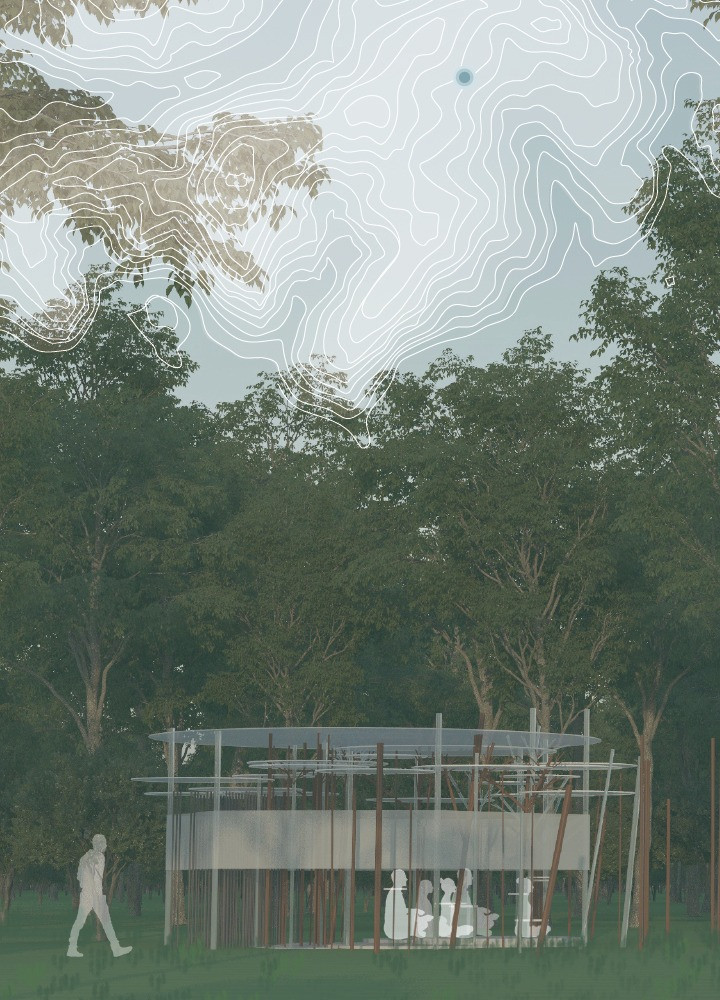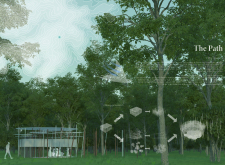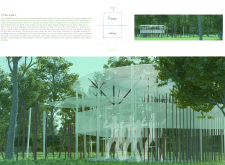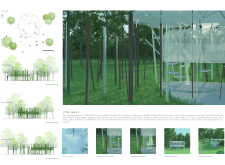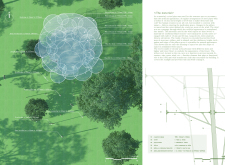5 key facts about this project
The design draws inspiration from the historical journeys of the Maori tribes, focusing on their deep connection with the natural world. Located in New Zealand, the project functions as a space for meditation and reflection. It embodies themes of spirituality while illustrating an ongoing relationship between people and their environment. By combining artificial and natural elements, the design promotes an understanding of unity in diversity.
Spatial Experience
A stylized colonnade comprised of steel pipes frames the entrance, creating a sense of separation from the surrounding nature. This contrasting feature leads visitors from a structured environment into a more open meditation area. The spatial arrangement encourages exploration, offering various experiences as one moves deeper into the structure. It transforms from rigid to fluid, inviting a greater connection with the landscape.
Cultural Resonance
At the center is the meditation space, designed to symbolize the bond between humans and nature. Here, pillars evoke forms found in the outdoors, allowing users to engage with their environment meaningfully. Kauri wood, a traditional material in Maori architecture, adds cultural significance while providing a warm texture. This material choice helps transition the visitor’s experience from artificial to comforting.
Material Narrative
Materials play a significant role in shaping the experience of the space. Steel pipes emphasize the structured entrance, while transparent acrylic tubes introduce varying heights and allow for light and air movement. This setup represents a shift toward a more natural experience. The roof, made from circular polycarbonate, resembles a forest canopy. It allows filtered sunlight to softly illuminate the interior, enhancing the calm atmosphere.
Design Details
The building is surrounded by a translucent cloth that diffuses sunlight and offers protection from the weather. This detail strengthens the connection between the structure and its natural setting, creating an inviting environment for visitors. The interplay of light through the polycarbonate roof, combined with the touch of wood, establishes a space that encourages quiet thought and introspection.


